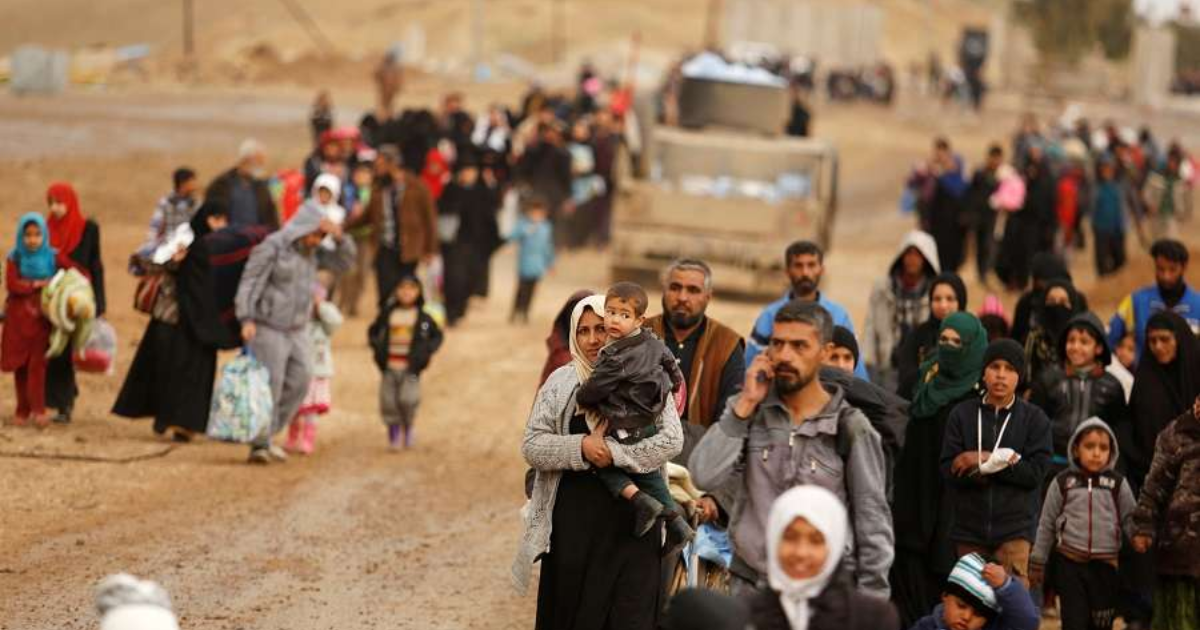Blogs
Syrian Refugee Asylum – What It Means, What It Takes, and Who Needs It Most

The word “asylum” gets thrown around a lot. You hear it in headlines, on the news, and in political debates. But behind that one word are people, Syrian mothers, children, students, workers, who are fleeing war and trying to find safety, legally and permanently. Syrian refugee asylum isn’t just a legal term; it’s a lifeline.
At Aramea Foundation, we’ve met countless Syrians who have gone through this process. Some waited months for interviews. Others lived in uncertainty for years. Refugee asylum is a pathway full of paperwork, policies, and waiting, but it’s also the only hope many have of starting over in peace.
What Asylum Actually Means
Seeking asylum means asking for legal protection in a country because going home is too dangerous. For Syrian refugees, this often means applying in Europe, Canada, or elsewhere, hoping to prove that their fear of returning is real and justified.
Syrian refugee asylum is not automatic. It involves interviews, background checks, and a careful review of each case. While refugee status is granted under international law, asylum is country-specific. Each government has its own system for deciding who qualifies.
Why So Many Syrians Seek Asylum
War has displaced millions. Entire cities have been destroyed. For many Syrians, staying in the region isn’t safe or sustainable. Host countries are overwhelmed, and resources are stretched thin. That’s why some refugees decide to apply for asylum in safer, more stable countries.
But Syrian refugee asylum is about safety. It’s about sending your children to school without fear. It’s about sleeping at night without wondering if the next airstrike is coming. For families, asylum offers a shot at healing.
The Process Is Not Easy
Despite the need, applying for asylum is rarely simple. Some wait months just to register their claim. Others attend multiple interviews, often without legal support. Language barriers, limited access to documents, and trauma make the process even harder.
Even those who are granted asylum face new challenges, finding housing, adjusting to a new culture, and learning a new language. That’s why organizations like Aramea Foundation support both the legal journey and the human one. Because Syrian refugee asylum isn’t the end of the story, it’s the start of something new, and incredibly hard.
What Happens After Asylum Is Granted
Once someone receives asylum, they can legally stay in the country, usually with the right to work, go to school, and access healthcare. But rebuilding isn’t automatic. Many carry trauma from war and displacement. Others struggle with isolation or discrimination.
That’s why post-asylum support is just as important as the process itself. We work with local partners to help asylum seekers integrate, whether through language classes, job readiness, or mental health programs. Syrian refugee asylum provides safety, but community is what helps people heal.
Why This Matters to You
It’s easy to feel far removed from someone else’s asylum story. But Syrian refugee asylum is not about “them”, it’s about us, as a global community. When we protect people from harm, we uphold values that benefit everyone: justice, dignity, and human rights.
Even if you can’t change the system, you can support the people going through it. You can donate, volunteer, or simply learn more. Because the more we understand, the better we respond.
Conclusion
Syrian refugee asylum is a lifeline for people running from war and trying to find peace. It’s filled with challenges, delays, and uncertainty. But it also holds hope.
At Aramea Foundation, we believe in protecting that hope. We stand with asylum seekers. And you can too. Consider donating to the cause to help a family in need. Because rebuilding a life in safety is not a privilege, it’s a right.
